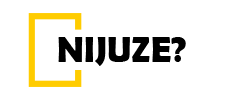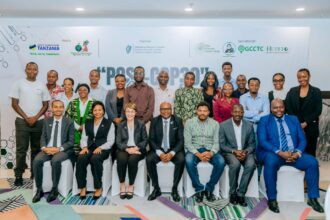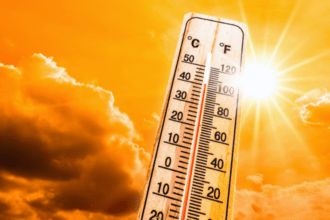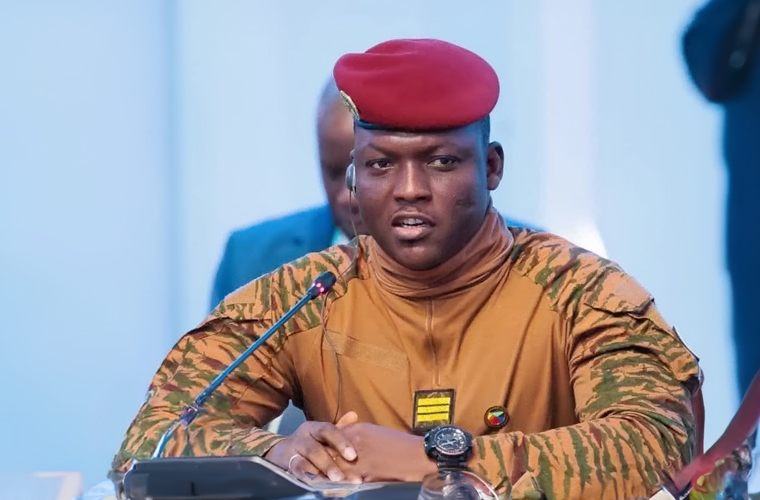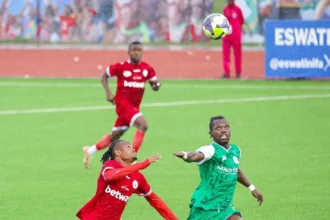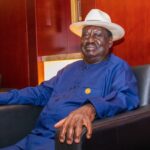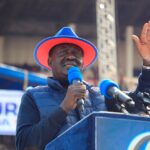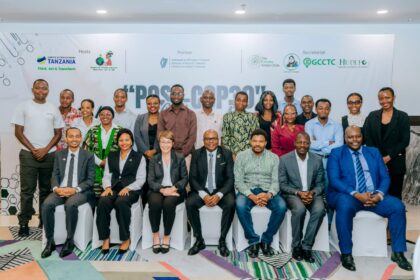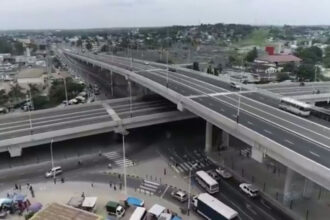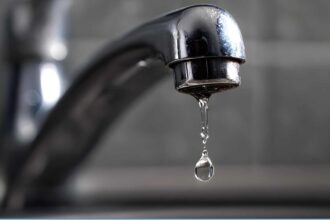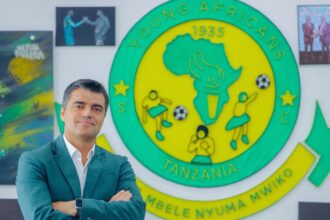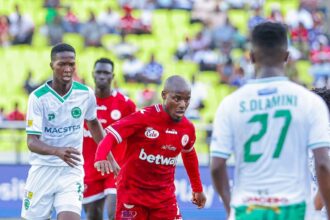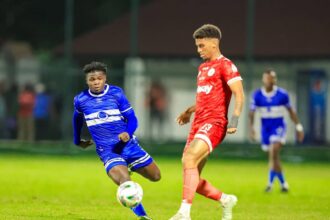Burkina Faso’s presidency has reportedly demanded a detailed explanation from the Confederation of African Football (CAF) after Nigeria secured a place in the CAF World Cup playoffs ahead of the Stallions. President Ibrahim Traoré is said to have requested clarity and transparency over how the Super Eagles advanced despite both sides finishing level on adjusted points.
The controversy began after Burkina Faso’s 3–1 victory over Ethiopia in their final qualifying match, played at the renovated Stade du 4 Août in Ouagadougou. The result appeared to have sealed their qualification as one of Africa’s four best second-placed teams. Players celebrated in the dressing room, believing they were through, only to learn hours later that Nigeria had taken the final playoff spot.
Why Burkina Faso Missed Out
According to CAF’s qualification rules, when determining the best four second-placed teams, results against the bottom-placed nation in each group are discarded to ensure fairness among uneven groups. This regulation drastically altered the standings in Burkina Faso’s group.
For the Stallions, their two wins over Djibouti, who finished last, were excluded from the ranking. That adjustment deducted six points from their total. Nigeria were also affected, losing two points from draws against Zimbabwe, the bottom team in their group.
After this recalculation, both nations were left with 15 adjusted points. CAF then applied goal difference as a tiebreaker, where Nigeria held a marginal advantage of +7, compared to Burkina Faso’s +6. That single goal proved decisive — sending Nigeria into the playoffs and ending Burkina Faso’s campaign in heartbreak.
A System That Feels Unfair
The ruling has sparked widespread anger among Burkinabé fans. Many argue that the system punishes consistency and effort, particularly for teams like Burkina Faso that dominated the lower-ranked sides but were disadvantaged by mathematical adjustments.
The Stallions also faced early challenges in their campaign, having been forced to play their opening qualifiers away from home while the Stade du 4 Août underwent renovations to meet CAF standards. Once cleared, they returned home, produced strong performances, and believed they had done enough to qualify.
In Ouagadougou, supporters believe the team’s efforts were undone by a technical regulation rather than performance on the pitch. Reports indicate that President Traoré has formally sought clarification from CAF, asking for a transparent breakdown of the ranking process that determined the four best second-placed teams.
Yago’s Frustration Reflects National Mood
Burkinabé defender Steeve Yago also voiced his frustration publicly, posting on X:
Honestly, it’s strange: you win your matches against the weakest team in your group, and yet Nigeria is ahead of you, even though they didn’t even beat Zimbabwe, the bottom side in their group. Apparently, beating the last-placed team is too conventional. Thank you, CAF and FIFA! With my career coming to an end, I’ll soon study the system so I can criticize it properly.”
Yago’s comments have struck a deep chord across Burkina Faso’s football circles, intensifying pressure on CAF to shed light on the ruling. For the Stallions, the campaign ends in crushing heartbreak — undone by the slimmest of margins, a single goal that turned jubilation into despair and pushed President Ibrahim Traoré to demand answers from Africa’s football authority.
